Home >Common Problem >What to do if Win7 Ultimate Edition mobile hard drive cannot be recognized
What to do if Win7 Ultimate Edition mobile hard drive cannot be recognized
- 王林forward
- 2023-07-07 21:13:132731browse
Win7 flagship system users have just purchased a mobile hard drive that has not been used for a long time. Today they plugged in the computer which they had just reinstalled the system on. They found that the mobile hard drive could not be used and the computer could not recognize the mobile hard drive. The following is a solution shared by the editor to solve the problem that Win7 Ultimate cannot recognize the mobile hard drive.
What should I do if the mobile hard drive of Win7 Ultimate Edition cannot be recognized?
Sometimes the external hard drive is apparently plugged into the computer but does not show up on my computer. At this time, it may just be caused by the mobile hard disk not giving a drive letter.
1. Right-click this computer (computer) and click [Manage] to open it.
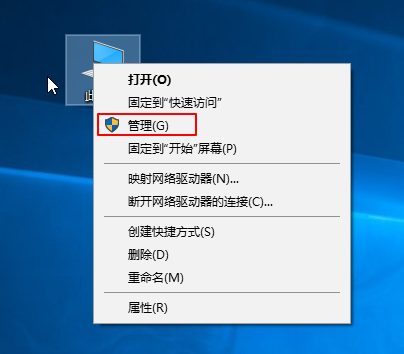
#2. Click [Disk Management] on the left to open it, and find the mobile hard disk on the right.
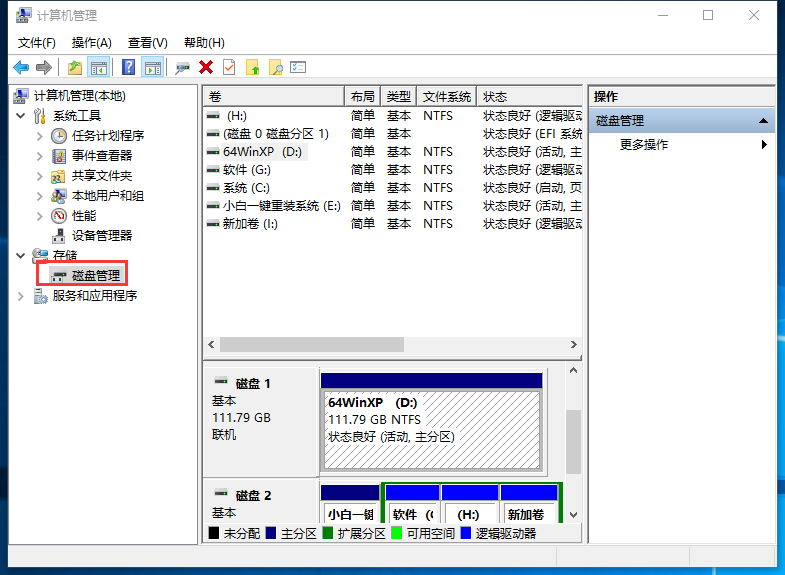
#3. Right-click the mobile hard disk, select Change Drive and Path, and then click Add to add a drive letter to the mobile hard disk to confirm completion so that the mobile hard disk can be displayed.
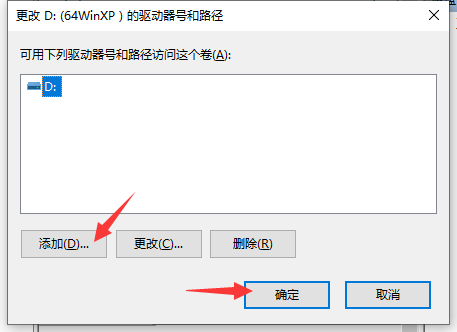
Solution 2: Mobile hard drive problem.
Press the keyboard shortcut Win R at the same time, open the run window and enter devmgmt.msc to confirm.
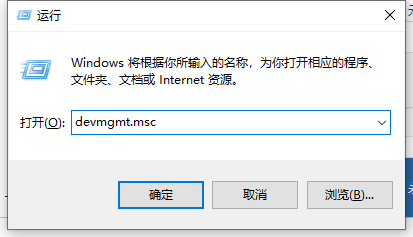
#2. Click to view the device manager interface, and then check Show hidden devices.
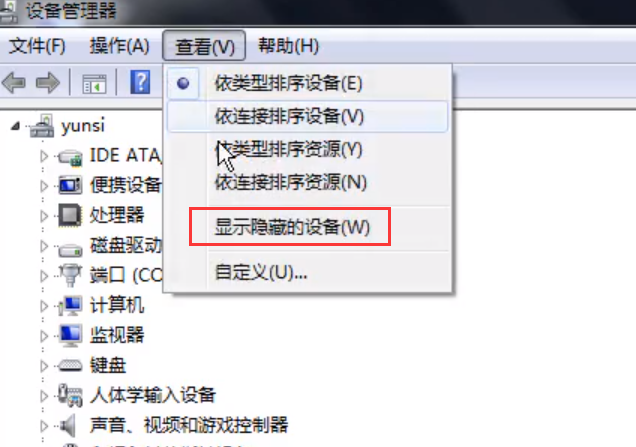
3. Double-click to open the [Universal Serial Bus Controller] list, right-click [USB Mass Storage Device] and select [Uninstall].
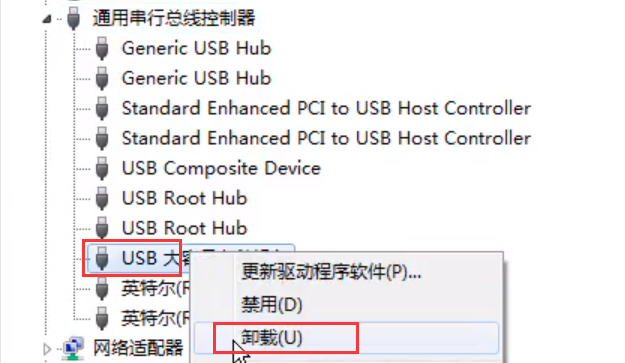
4. Click OK to uninstall.
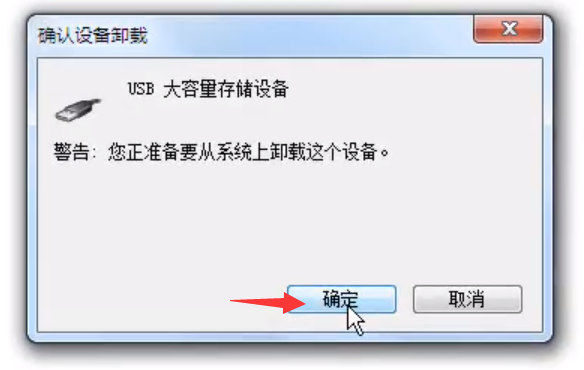
5. Then right-click the mouse [Universal Serial Bus Controller] and select [Scan for hardware changes]
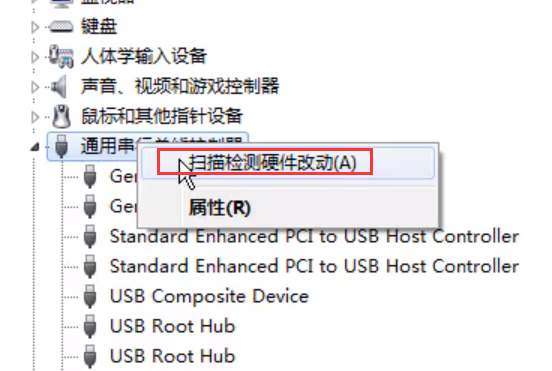
6. Then find usbrothub and right-click on the properties
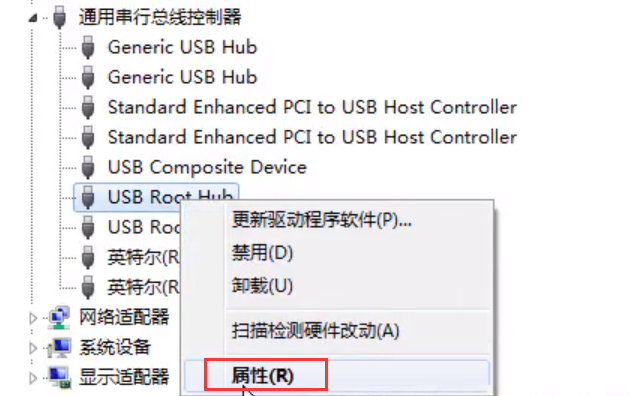
7. After clicking [Power Management], uncheck [Allow the computer to turn off this device to save power], and then click OK to complete setup. Then re-insert the mobile hard drive for normal recognition.
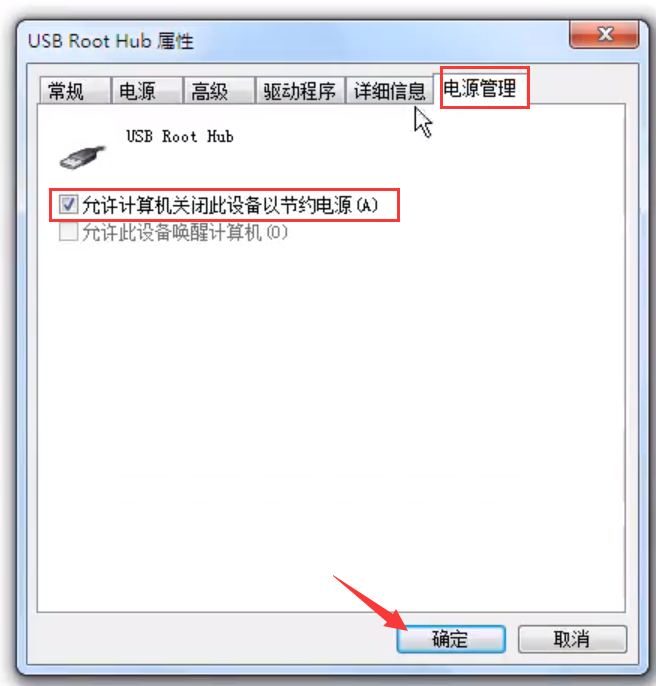
The above is the detailed content of What to do if Win7 Ultimate Edition mobile hard drive cannot be recognized. For more information, please follow other related articles on the PHP Chinese website!

